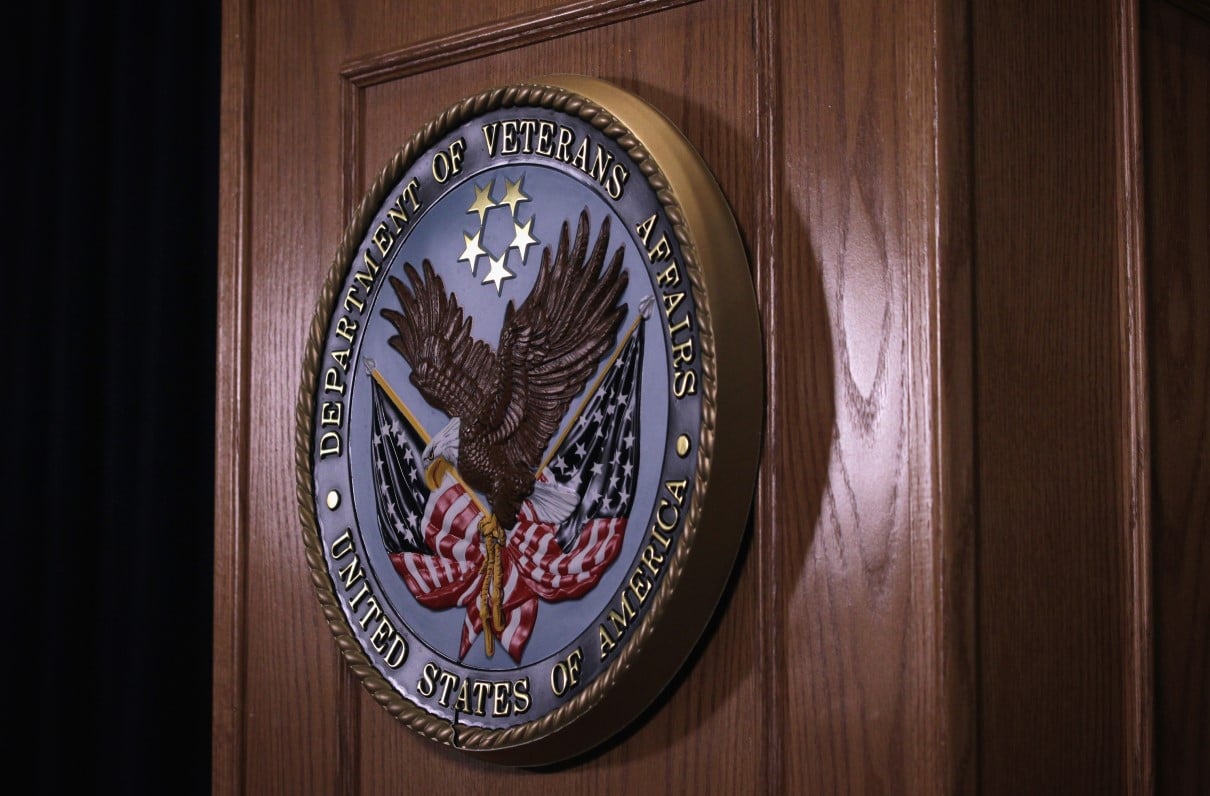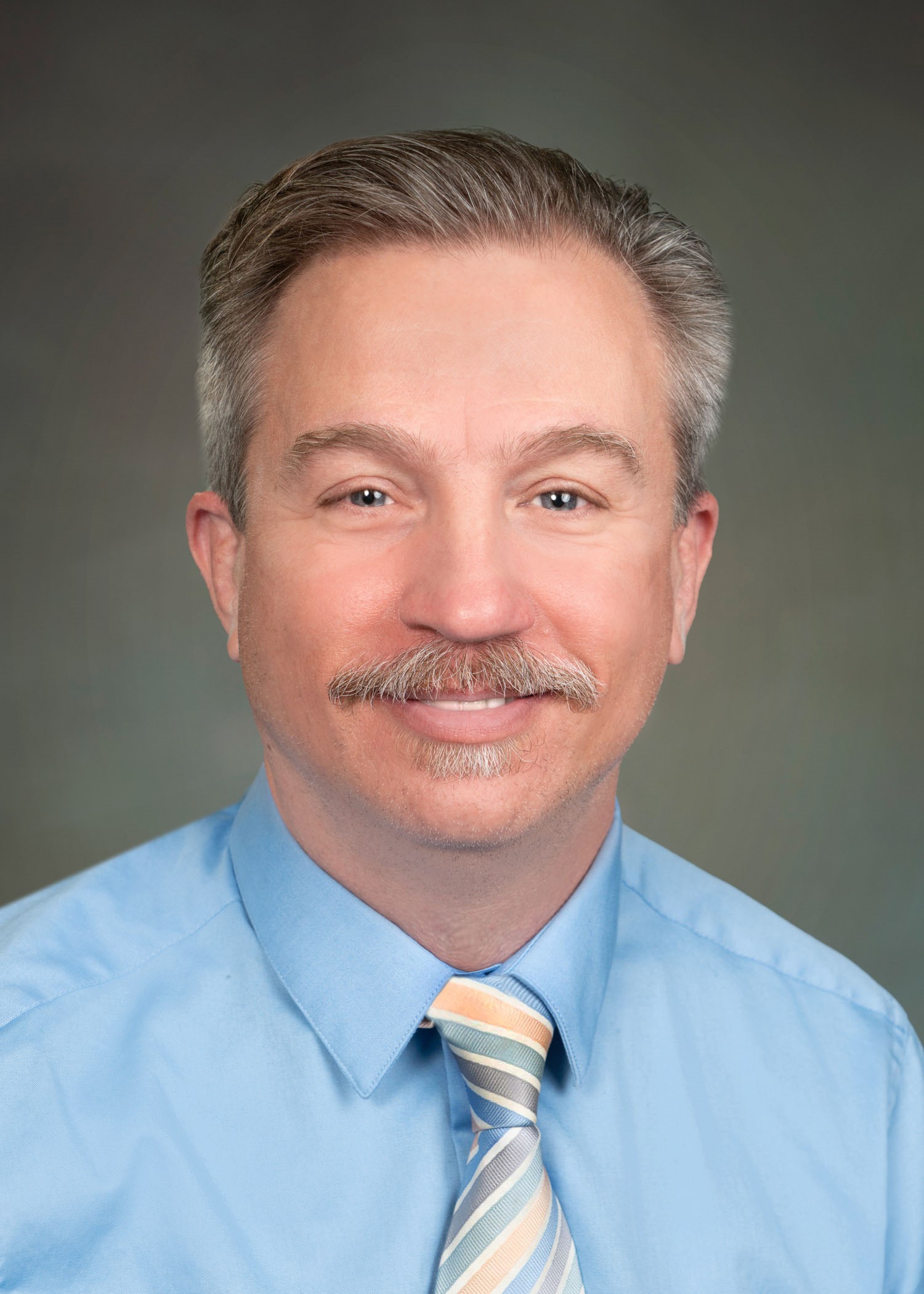MOAA joined several veterans service organizations in testifying Feb. 3 before a House of Representatives subcommittee in support of expansion and improvements to the VA’s Vet Centers, which provide services for military personnel transitioning to civilian life.
Created by the VA in 1979 to help veterans returning home from the Vietnam War, the centers’ wide array of offerings includes counseling on military-related issues, bereavement, military sexual trauma counseling and referral, substance abuse assessment and referral, and screening for medical issues like depression and traumatic brain injuries.
More than 216,000 veterans and servicemembers, and their families, took advantage of readjustment counseling and outreach services offered by Vet Centers in 2021. And according to the VA, there was a 90% overall increase in veterans seeking mental health care from fiscal year 2006 to 2019.
With these figures in mind, MOAA is advocating for the VA to improve its promotion of the centers and prioritize the expansion of non-traditional hours to meet the increasing needs of veterans and servicemembers. While the centers may have more than 100,000 clients, many veterans have never heard of the facilities or their mission said MOAA Senior Director of Government Relations Cmdr. René Campos, USN (Ret), told the House Committee on Veterans’ Affairs Subcommittee on Health.
“MOAA continues to hear from veterans who are not familiar with Vet Centers or the services they provide,” Campos said. “Typically, we hear veterans learn about the centers when they try to get an appointment through a VA Medical Center or by word of mouth from another veteran.”
As the workload has increased for Vet Centers, issues have arisen with documentation, staffing, and outreach to the military and veteran communities, according to reports from the Government Accountability Office (GAO) and the VA’s Office of Inspector General (OIG).
In fall 2020, GAO released a report highlighting staffing and workload issues at the Vet Centers. A year after the GAO audit, the VA OIG found deficiencies in the quality reviews, suicide prevention and consultation, and supervision and training provided by the Readjustment Counseling Service (RCS), which oversees the operations of the centers.
According to the GAO report, some Vet Center employees expressed confusion on how productivity was measured and that incentives were given to change their work practices in some cases (changing length or frequency of appointments or holding more group counseling sessions, for instance).
Sharon Silas, the director of GAO’s health care team, told the committee the Vet Centers are committed to helping those veterans with serious mental health issues but could improve on a number of things including documentation processes, coordination with VA Medical Centers, and incorporation of Vet Center counselors’ input when changing their staffing model.
“The record system with RCS is quite different than with the Veterans Health Administration, so as an oversight body, we had a difficult time determining which processes were carried out in a timely manner and with what level of leadership oversight,” Silas told the subcommittee. “… If you are looking at training records, as an example, they could not support documentation of completed trainings of their staff.”
[RELATED: MOAA's 2022 Legislative Priorities]
Rep. Jack Bergman (R-Mich.), the subcommittee’s ranking member, said he fears the autonomy the Vet Centers have in relation to the rest of the VA – clients’ medical information is kept confidential unless given permission by the client to be released – has led to a “dangerous disconnect” between Vet Centers and other VA medical facilities.
“Vet Centers have a key role to play in stopping veteran suicide and are a critical access point for veterans struggling to cope with civilian life,” Bergman said. “They should be fully integrated into the mental health and suicide prevention efforts that the rest of the VA Health Center is undertaking, and treated an equal partner, not like a distant relative.”
Subcommittee Chair Rep. Julia Brownley (D-Calif.) said staffing expansion at Vet Centers is necessary to continue to provide quality care to veterans and hopes whatever staffing model is adopted doesn’t place too much rigidity on the number of clients seen.
“We need staffing models to know how we need to expand,” Brownley said. “That is critical. But I also don’t want the staffing models to be such that it creates this one counselor needs to see 10 veterans a day [model] and if they don’t meet those criteria, that’s unacceptable. That’s not where we want to go in this process.”
[RELATED: VA Wants to Waive Some Copays for Veterans at High Risk for Suicide]
RCS completed work in December on a Vet Center-specific demand forecasting model, RCS Chief Officer Michael Fisher told the subcommittee.
“We intend to use the projections to improve planning related to future utilization, resource allocation and budgeting requirements,” Fisher said.
In her Feb. 3 remarks to the subcommittee, Campos suggested the VA work with DoD to better advertise the services offered by the Vet Centers. Brownley thanked Campos for raising this issue to the subcommittee.
“That outreach [is important] so that servicemembers and National Guard understand that they have access to the Vet Centers,” Brownley said. “They should use them. During their service, people may not be on the battlefield… but there are issues that can be dealt with at Vet Centers.”
More Members Mean More Influence Over Retirement Pay, Health Care, and Family Programs
Get involved and make sure your interests are addressed. Because the larger our voice is, the greater our impact will be.

